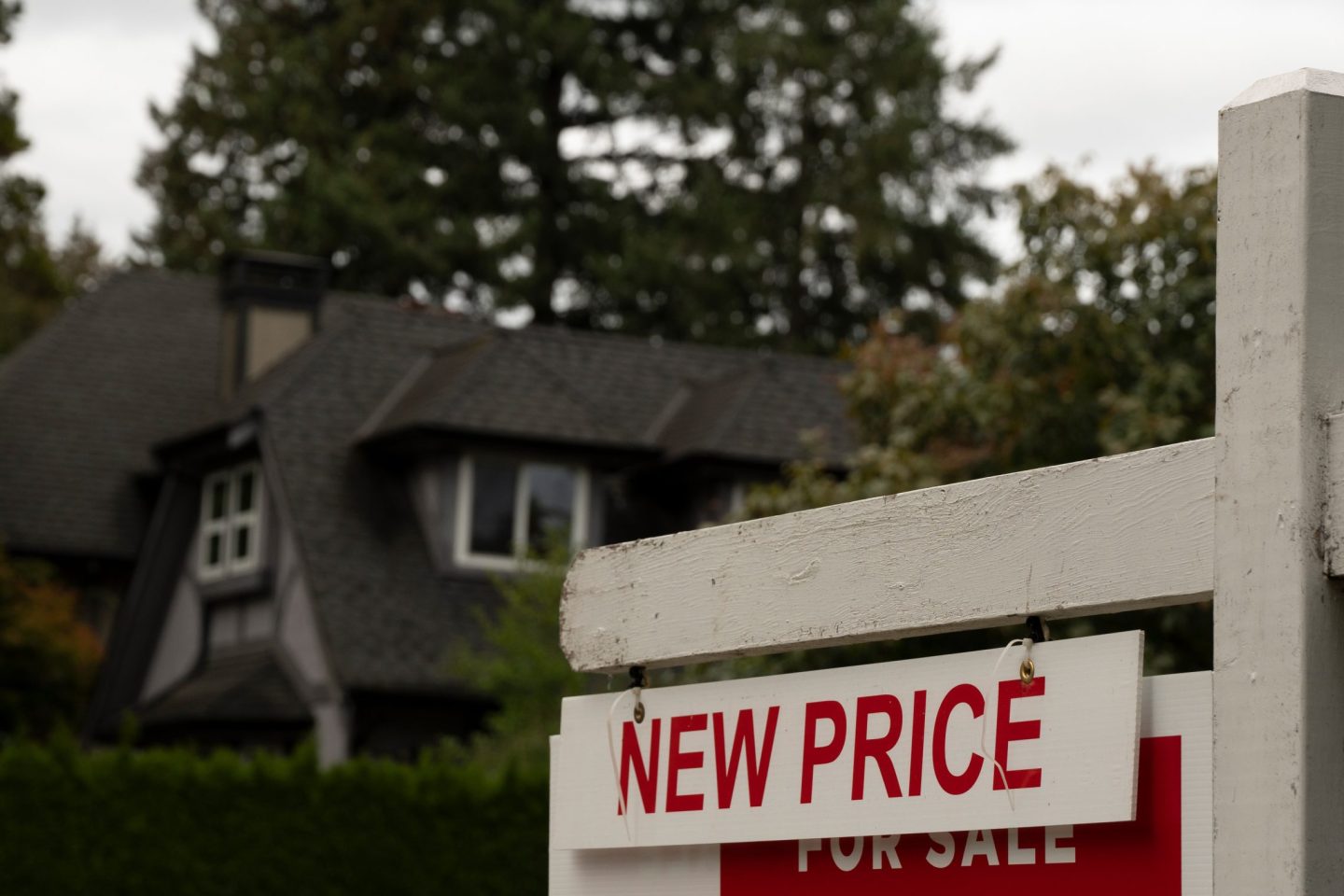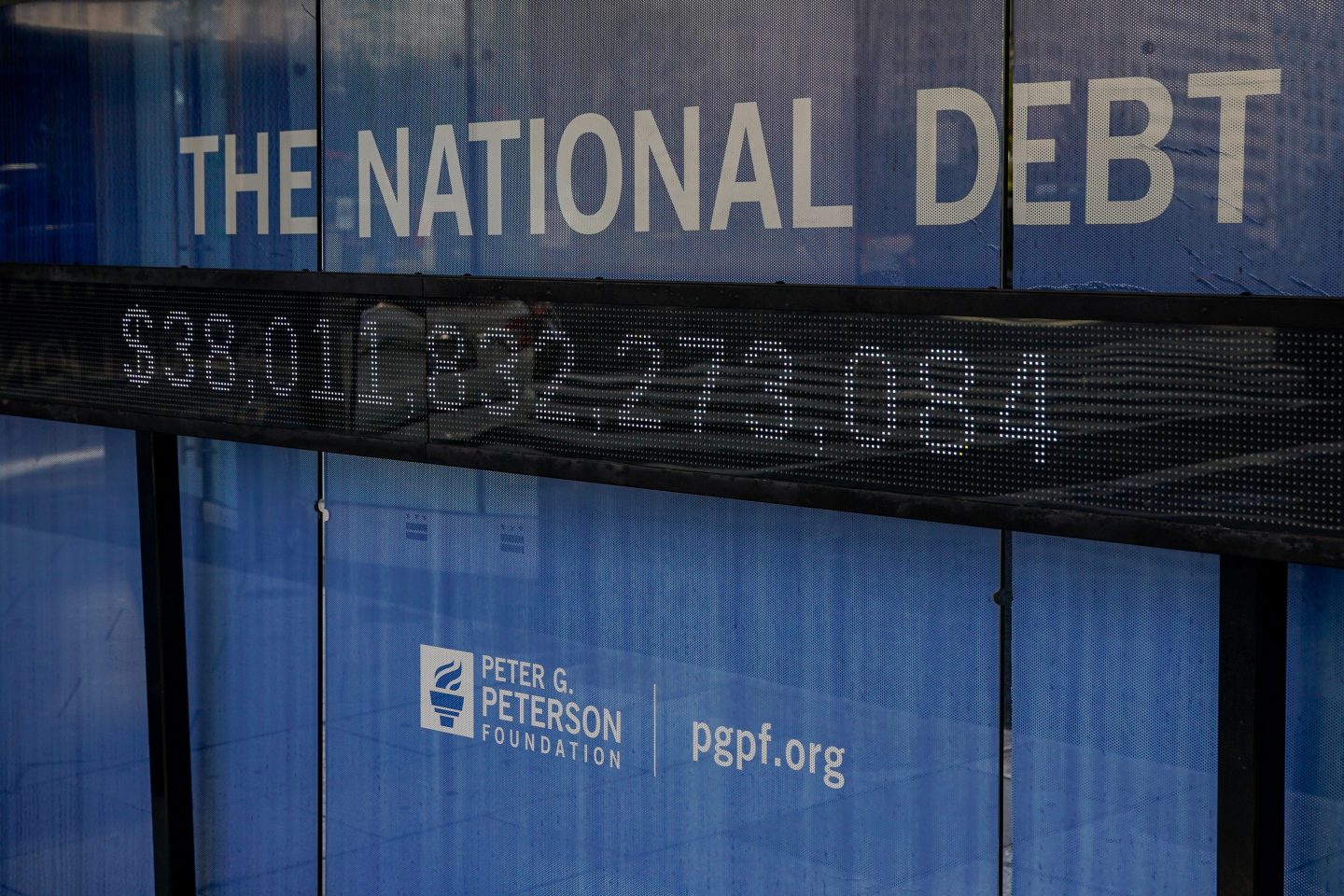That’s how much the government-backed mortgage companies have burned through in the past three years.
So says the Federal Housing Finance Agency, which regulates the government-backed mortgage investors Fannie Mae and Freddie Mac and issued its first-ever quarterly report on the companies Thursday.

The FHFA said the lion’s share of the losses, $166 billion worth, come from the companies’ guarantees of mortgage loans on single family houses. Losses in their investment portfolios have eaten through an additional $21 billion in capital, and the senior preferred dividends the companies are paying Treasury for financial support $13 billion.
The report comes at a time when the Beltway is abuzz with discussion of how and when the government will address the many problems in U.S. housing market. The administration has issued a call for suggestions, and held a conference to air those views. Rep. Barney Frank, the Massachusetts Democrat who runs the House Finance Committee, will hold hearings next month.
[cnnmoney-video vid=/video/news/2010/08/17/n_geithner_housing.cnnmoney/]
With Fannie and Freddie having taken down $148 billion in government aid since their takeover two years ago, everyone acknowledges the need to find a different system. But few agree on the means, with Republicans demanding the companies be wound down and the likes of Pimco’s Bill Gross warning that a shift to a privately run system would mean a sharp rise in mortgage rates.
A rise in mortgage rates would bring house prices down, lead to more sustainable lending and finally help the bloated market for unsold houses clear. Of course, it would also lead to massive losses for the banks, which the government has bailed out at great cost, and wouldn’t exactly spruce up Fannie and Freddie either.
But if nothing else, the past two years have made clear that there is a steep price to be paid once a multitrillion-dollar housing bubble pops, whether you try to prop the whole edifice up or not. Here’s hoping Washington warms to the task sooner rather than later.










